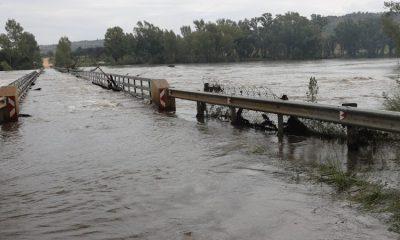Loadshedding
Ekurhuleni Acknowledges Its Responsibility to Comply with Eskom’s Load-Shedding Obligations

Eskom has taken over load shedding of Ekurhuleni (CoE) effective July 24, following the municipality’s failure to comply with load-shedding requirements. The CoE did not adhere to the NRS 048-9:2019 code of practice, necessitating load reduction during a system emergency. Eskom’s monitoring and analysis revealed the CoE’s non-compliance, leading to the decision to directly load-shed CoE customers in all previously managed substations.
Despite recognizing the CoE’s technical challenges in implementing load-shedding, Eskom’s intervention became necessary to alleviate pressure on the national grid, which is already constrained. Non-compliance with load-shedding regulations can compromise the grid’s integrity and stability, potentially leading to higher stages of load-shedding.
The CoE confirmed receipt of Eskom’s letter, notifying them of the new directive that all customers would be affected by load-shedding. However, the city is engaging with Eskom to propose load curtailment instead of shedding critical substations in areas with major industries, as this approach seeks to minimize the impact on the regional economy and jobs.
Eskom urges the public to play their part in reducing demand by turning off non-essential appliances, such as geysers and pool pumps, to help alleviate pressure on the power system and potentially lead to lower stages of load-shedding. The engagement between Eskom and the CoE will aim to find a balanced approach considering economic considerations and the need to manage electricity demand during emergencies.
Source: Ekurhuleni acknowledges Eskom’s load-shedding obligations
Also read:
Picture: Twitter / amaarahg
Follow us on Google News.






















